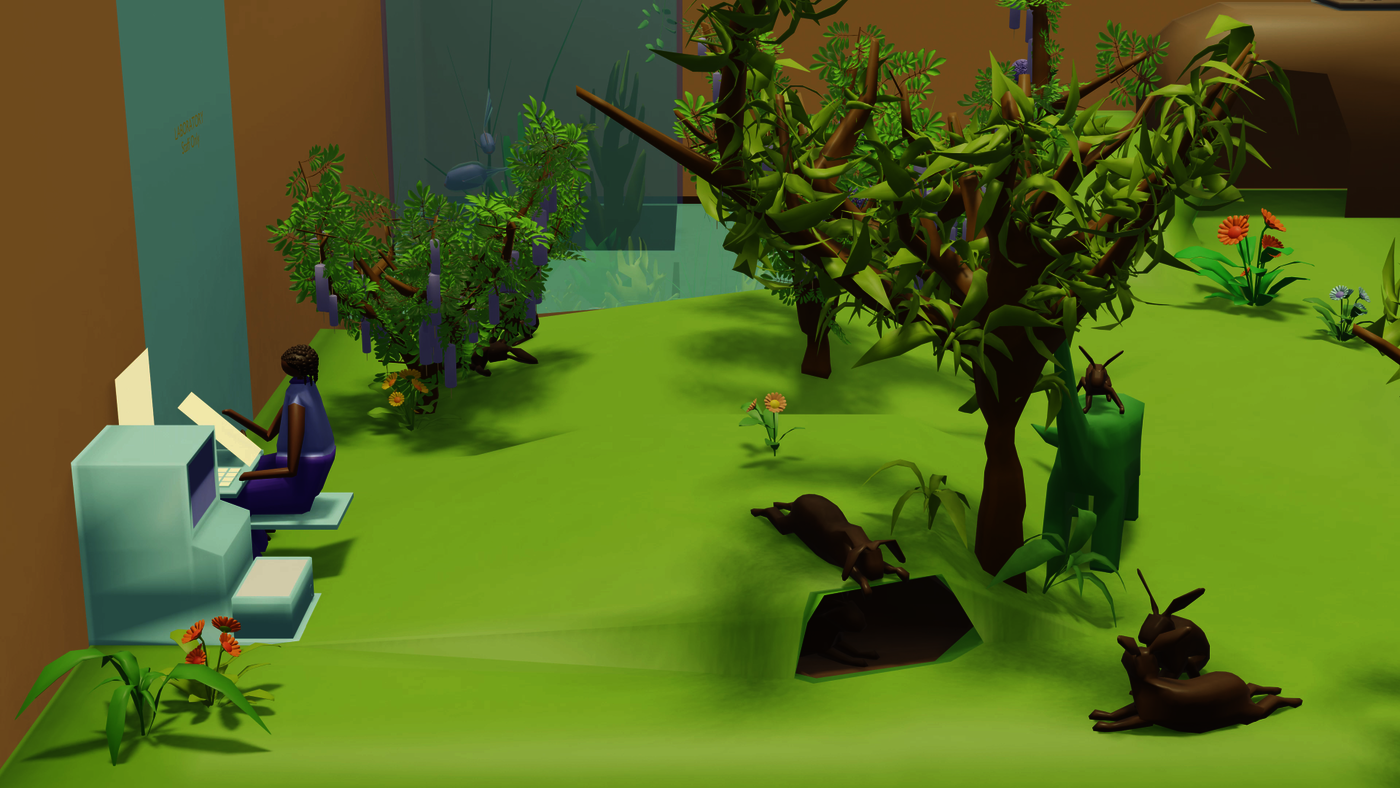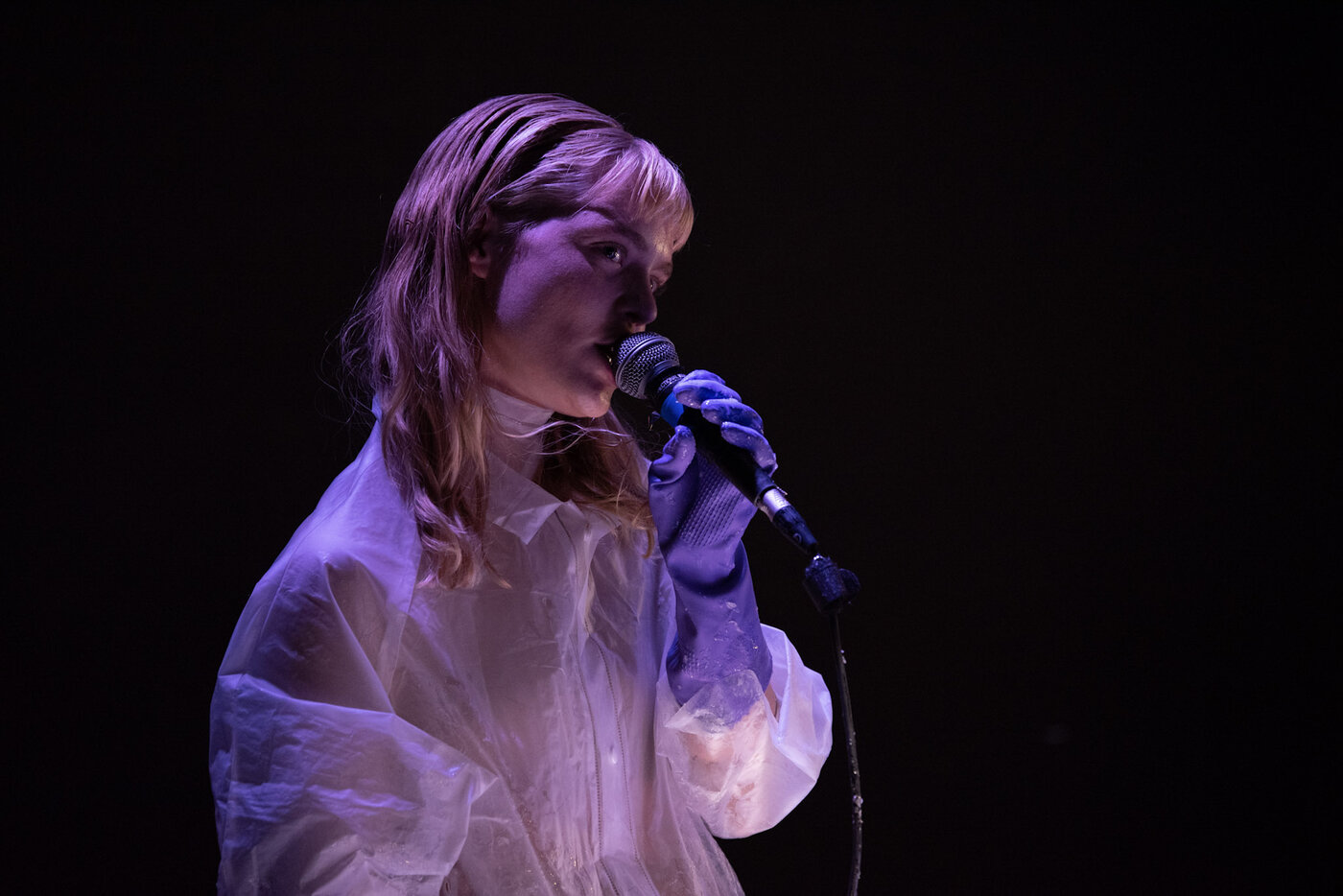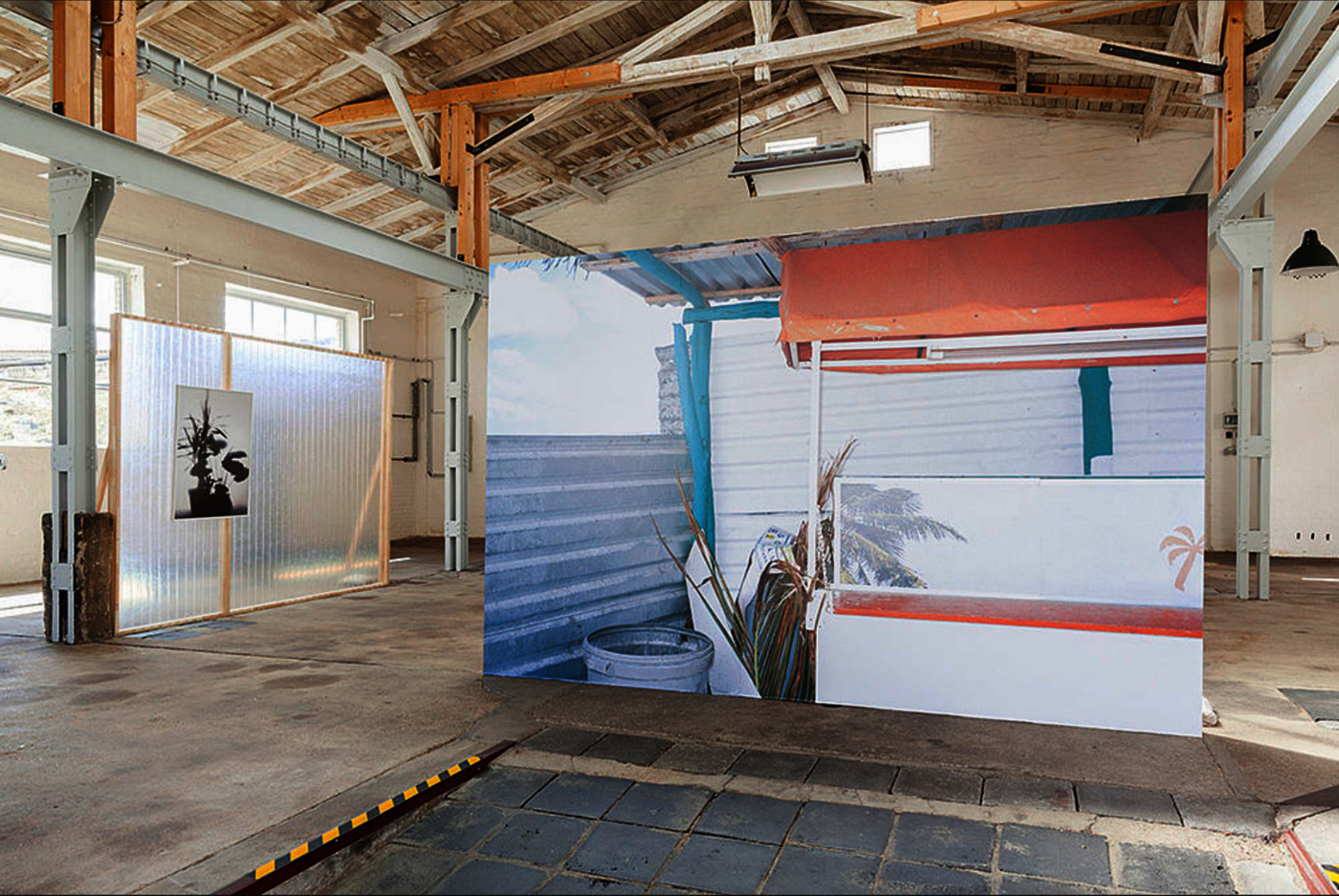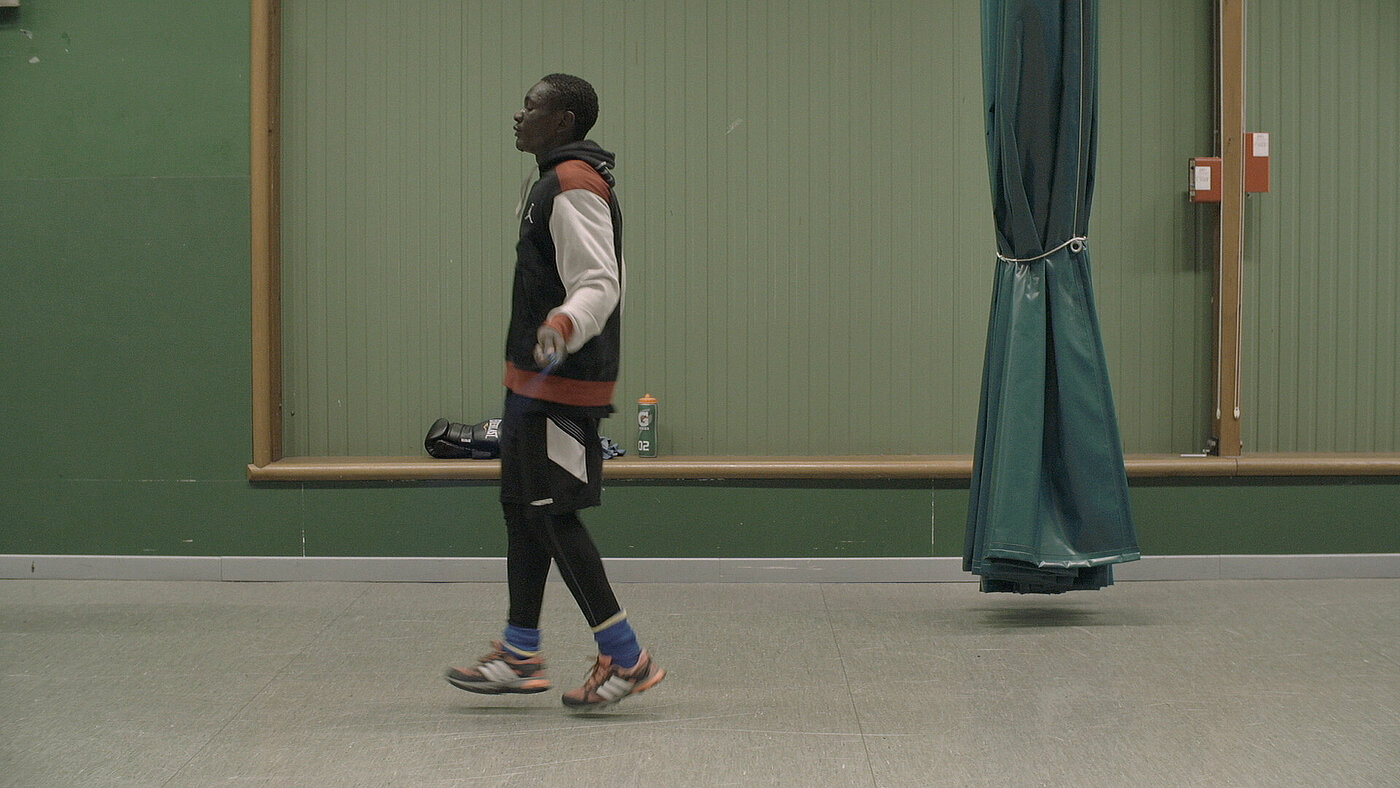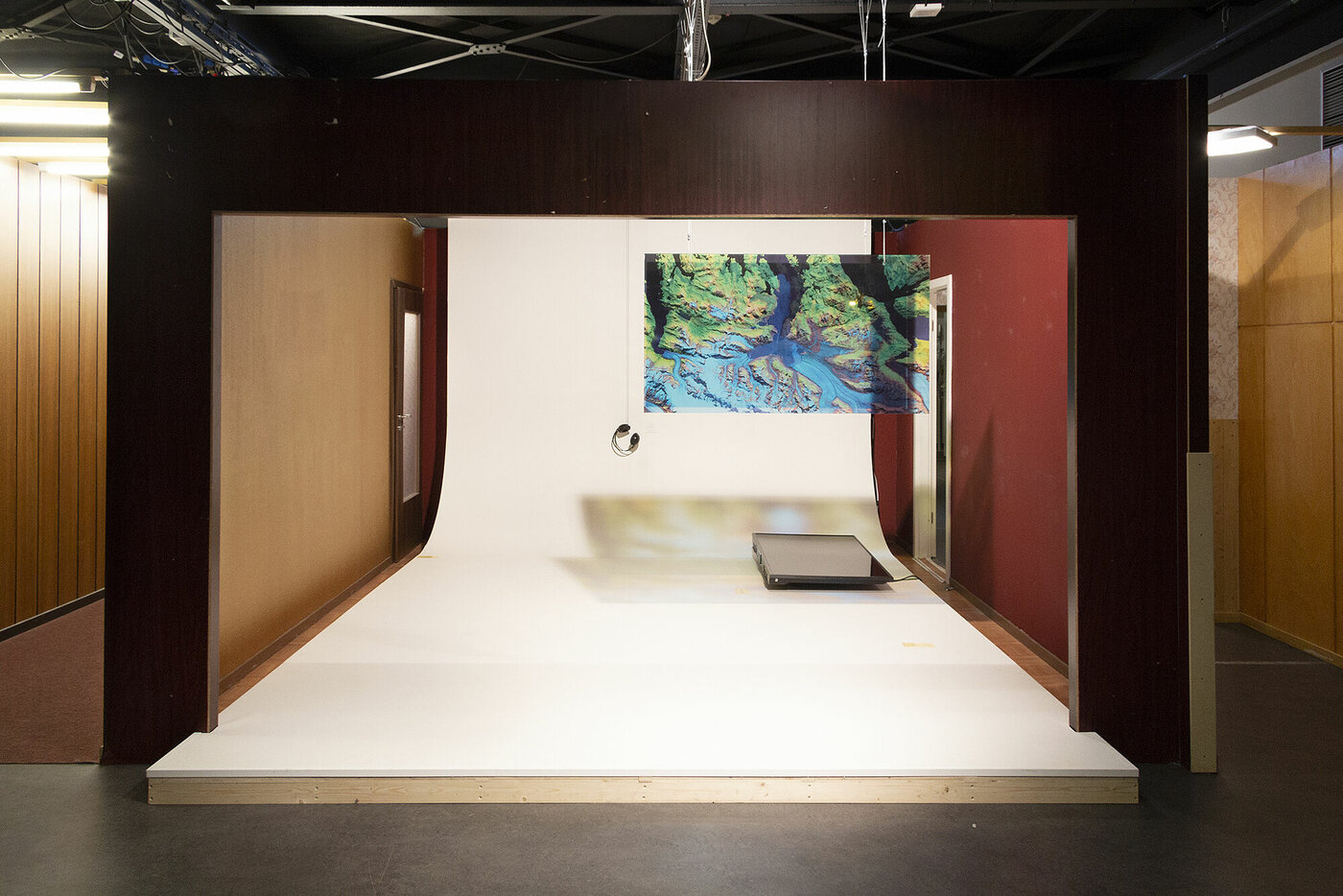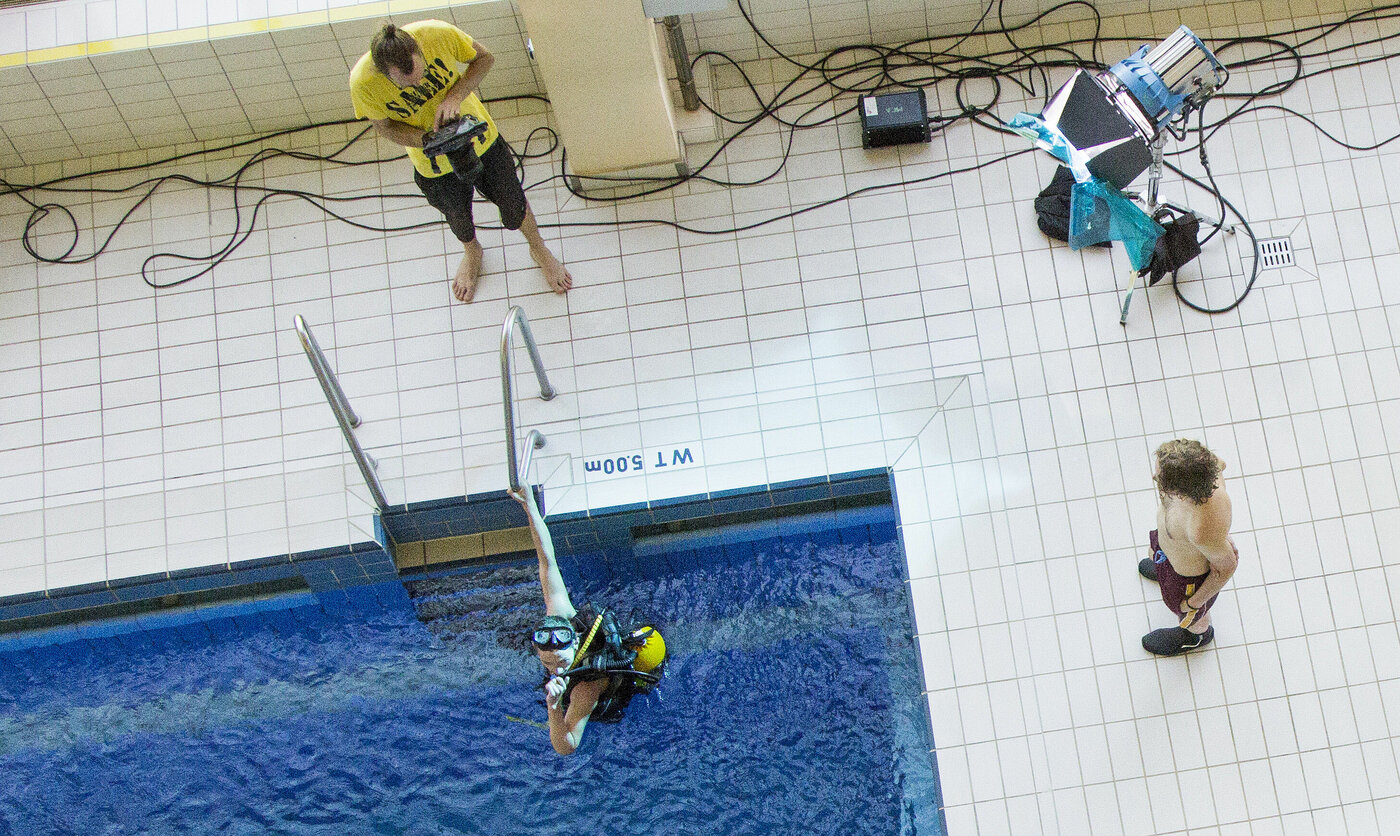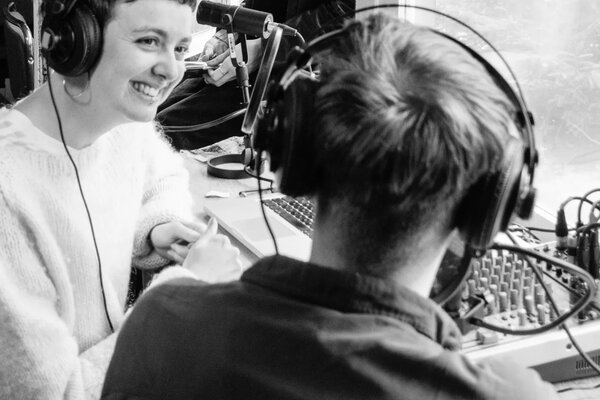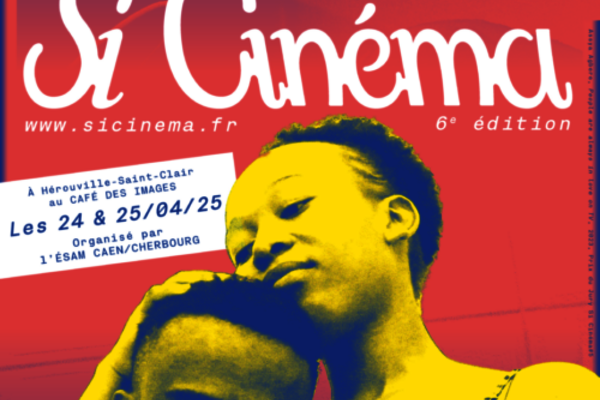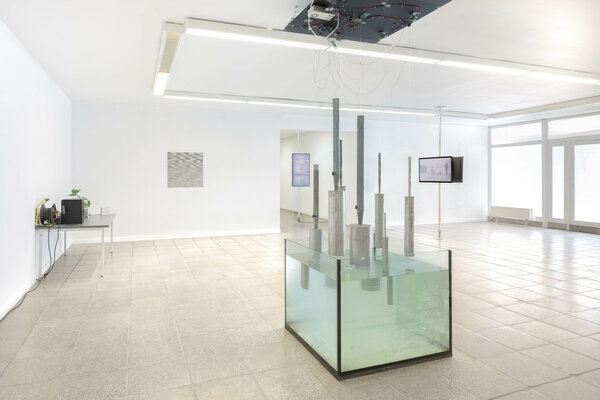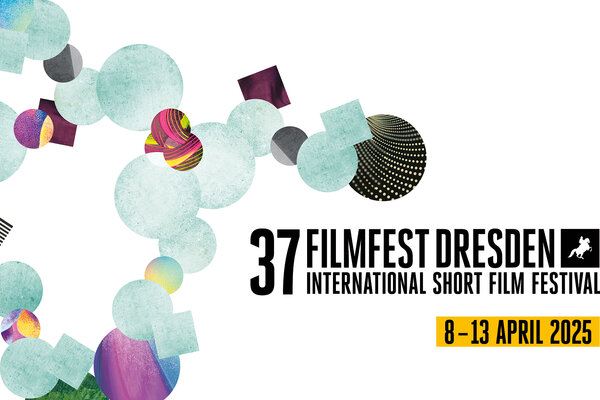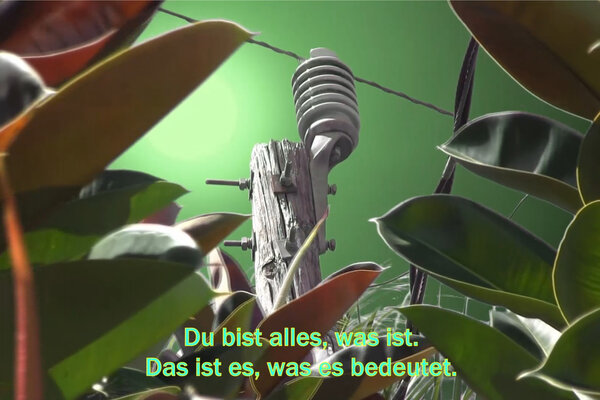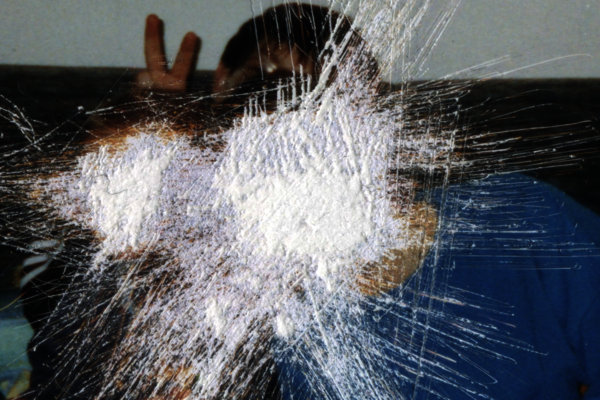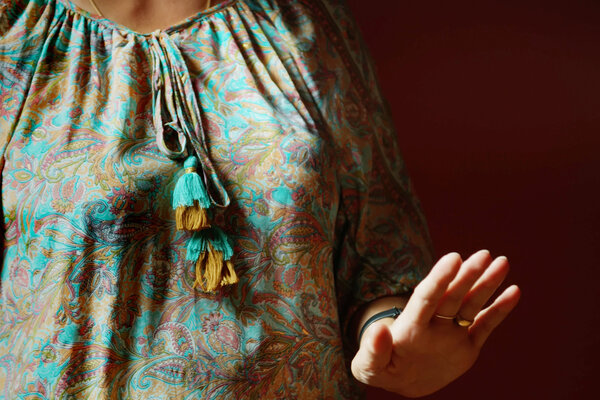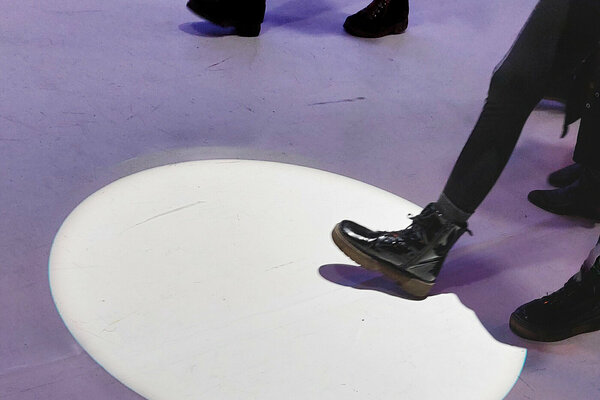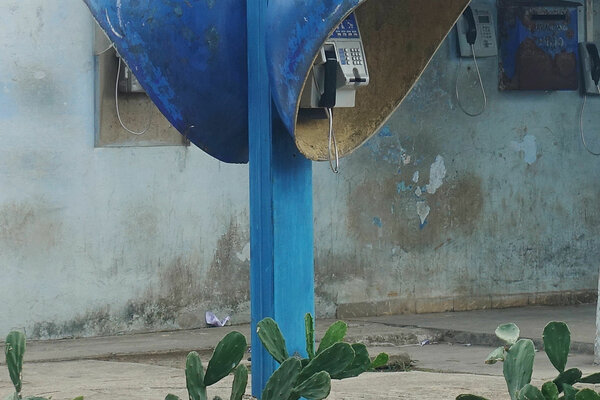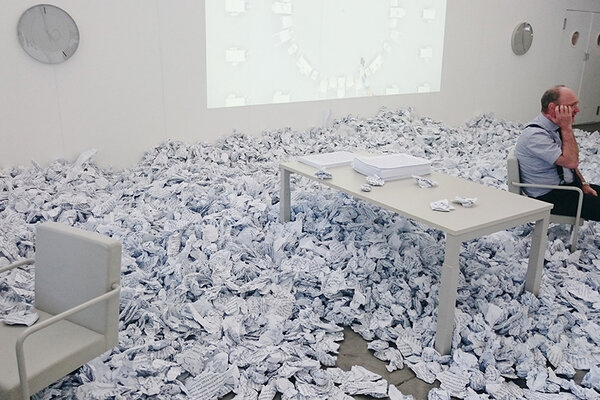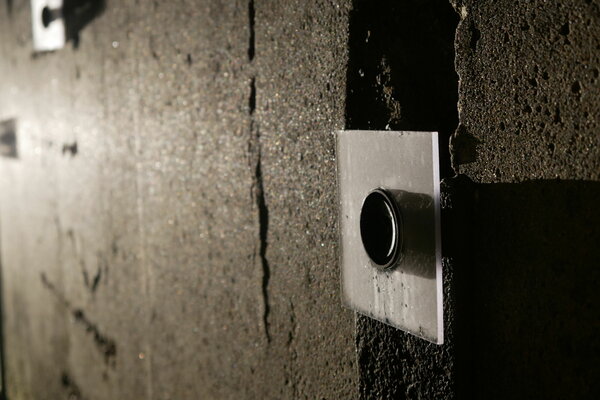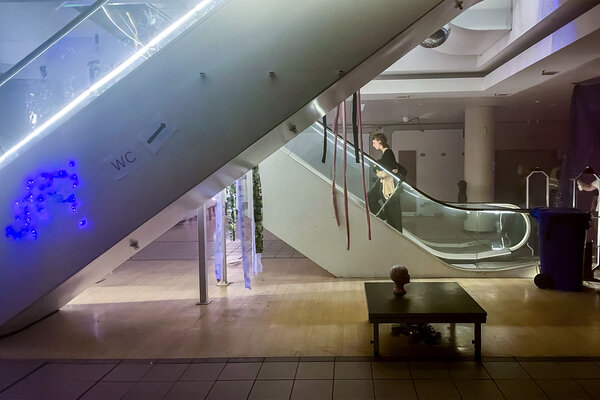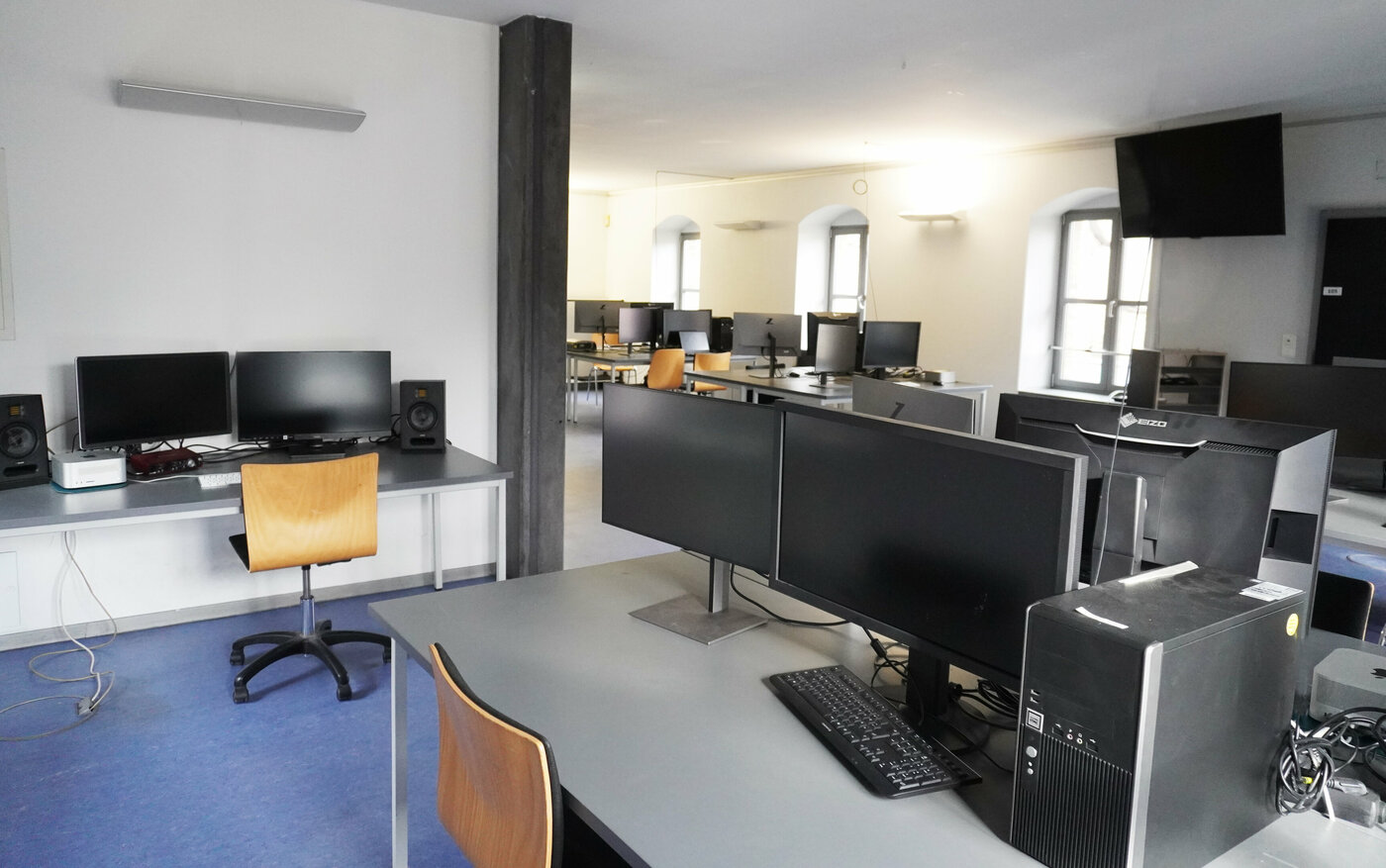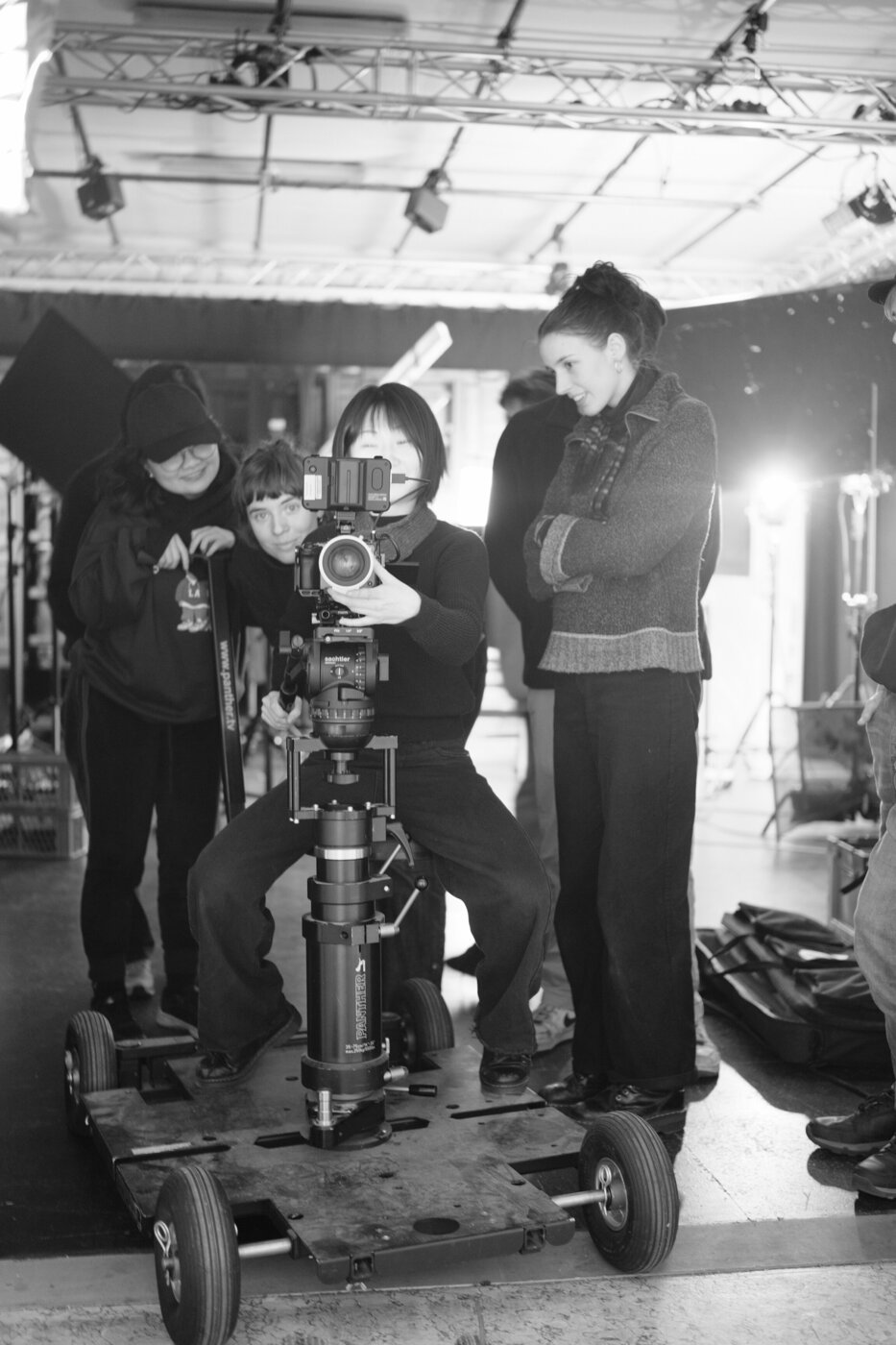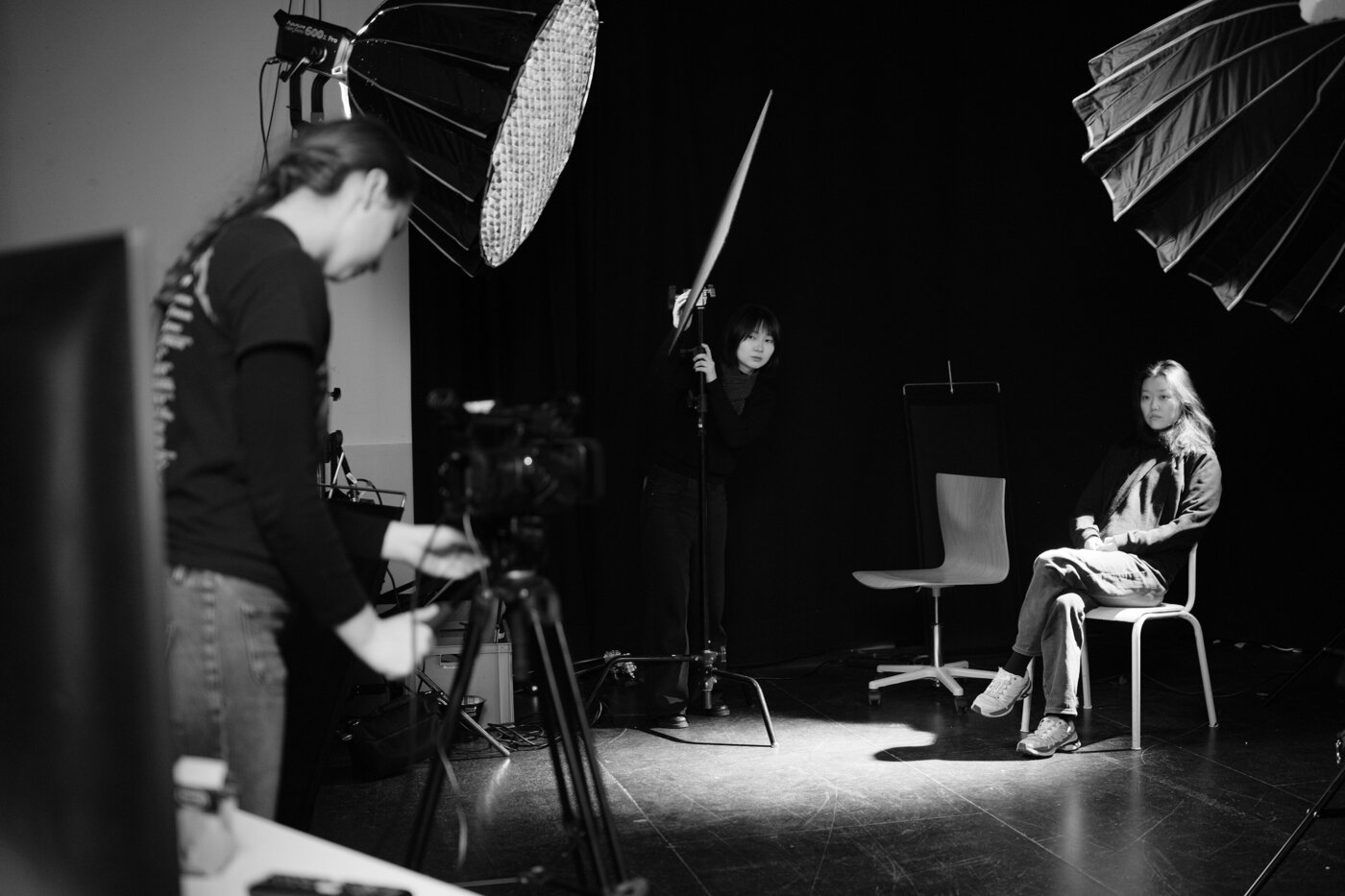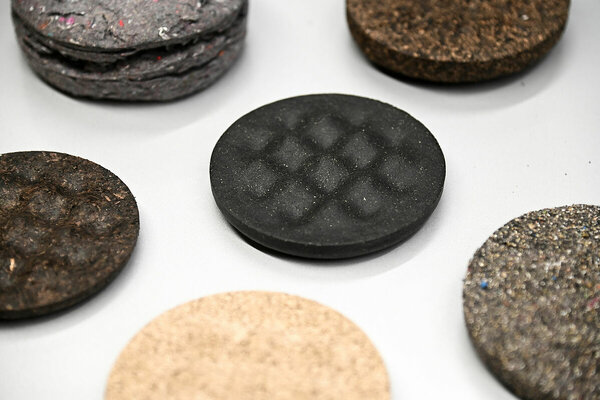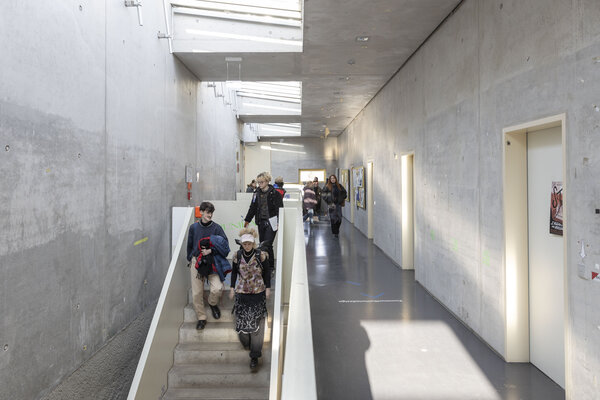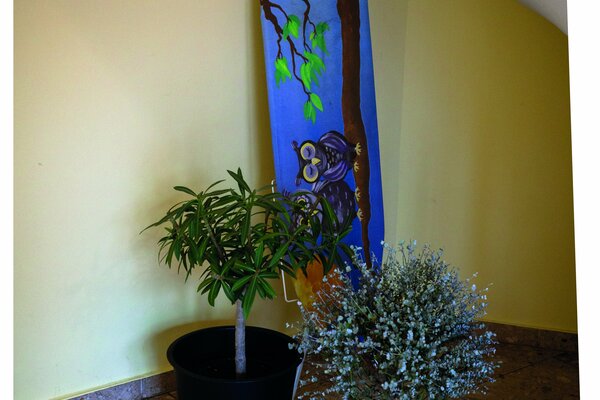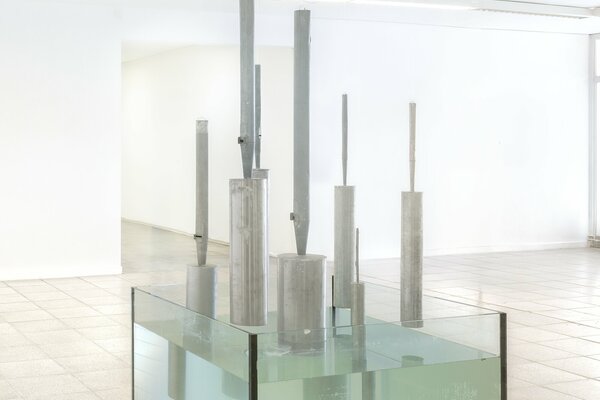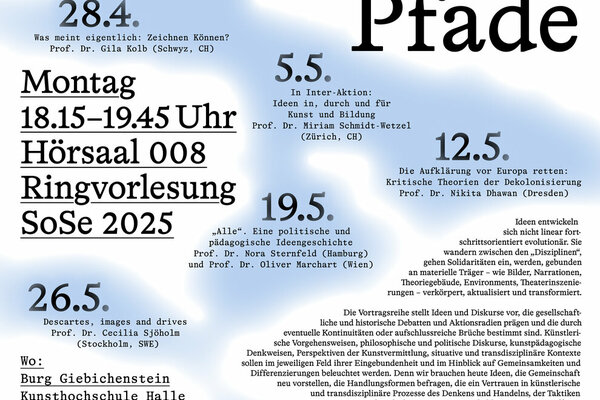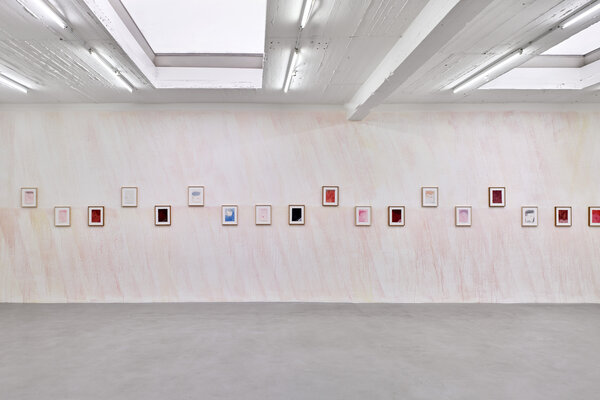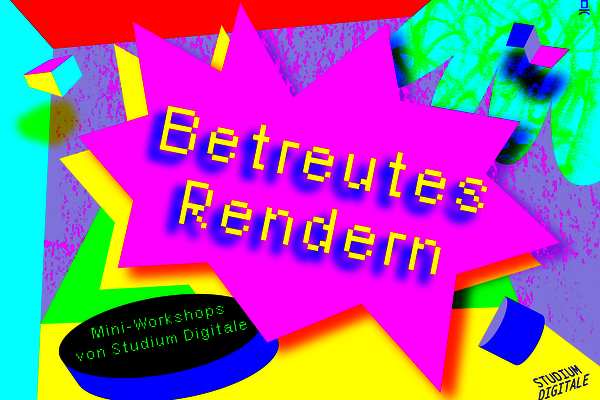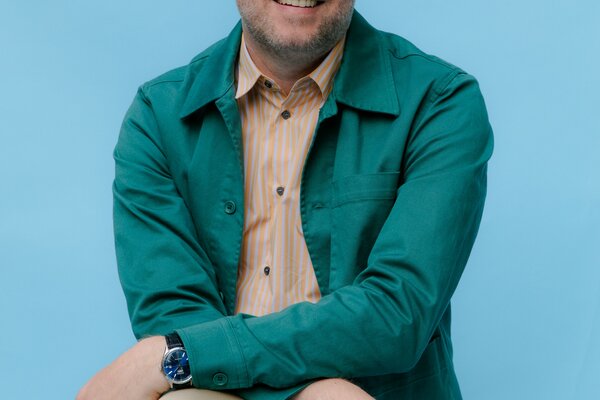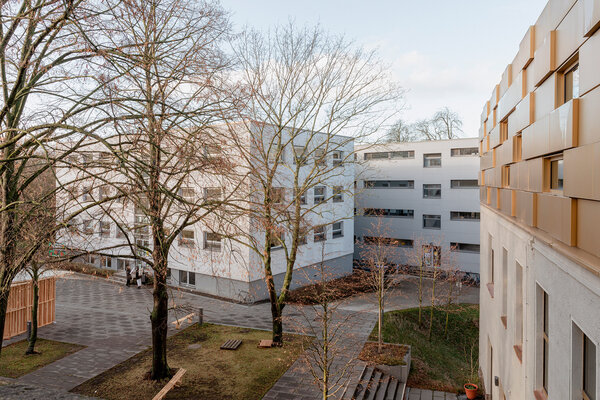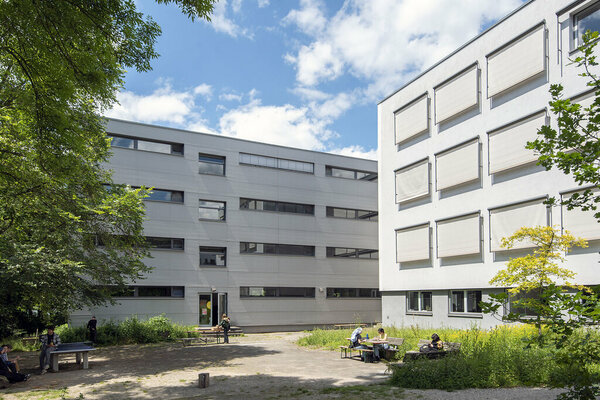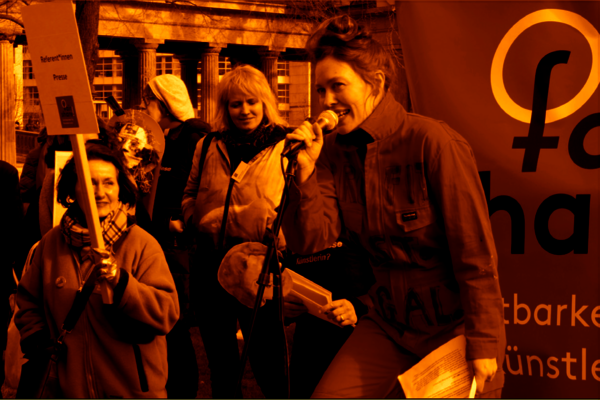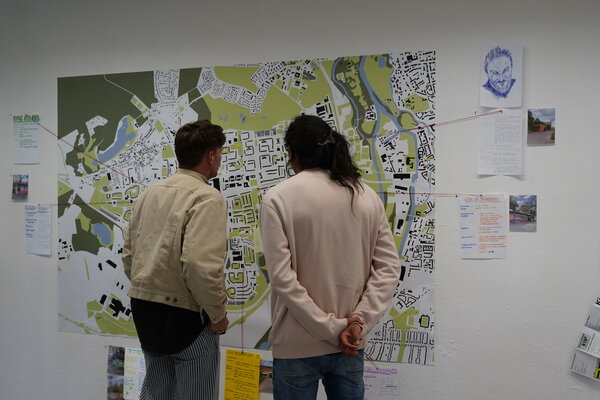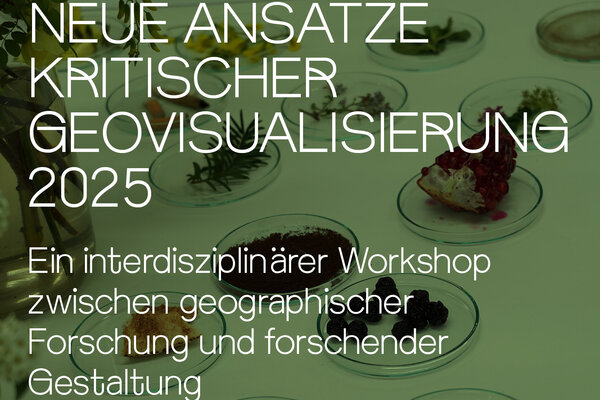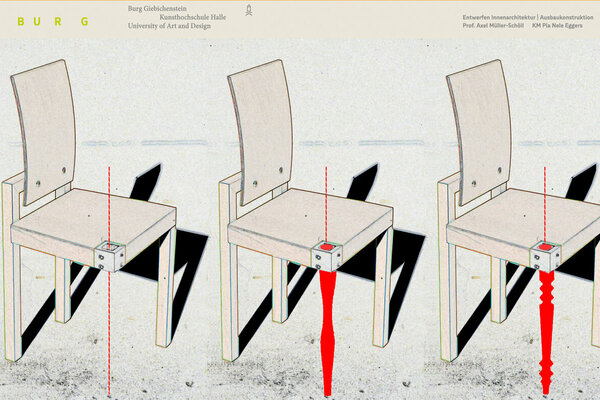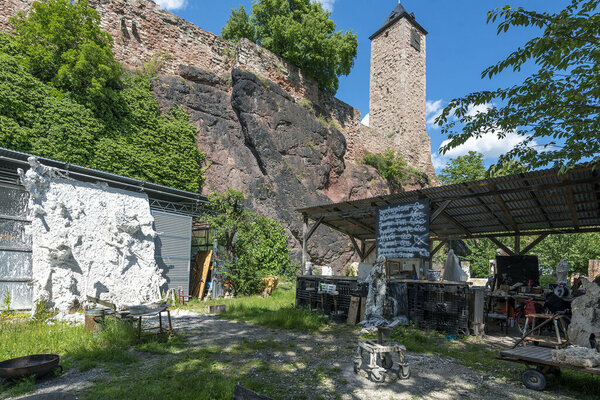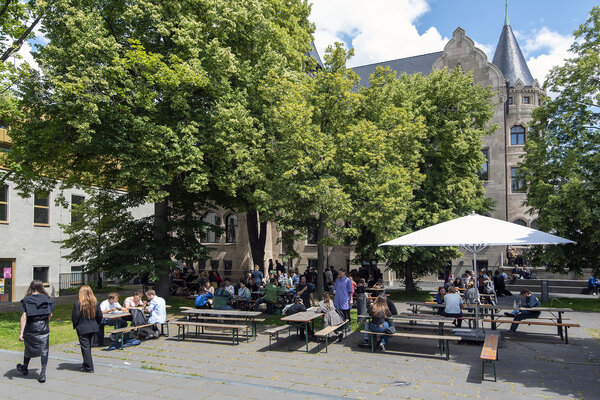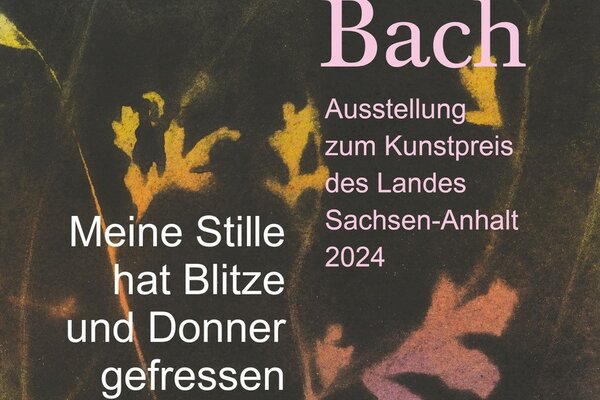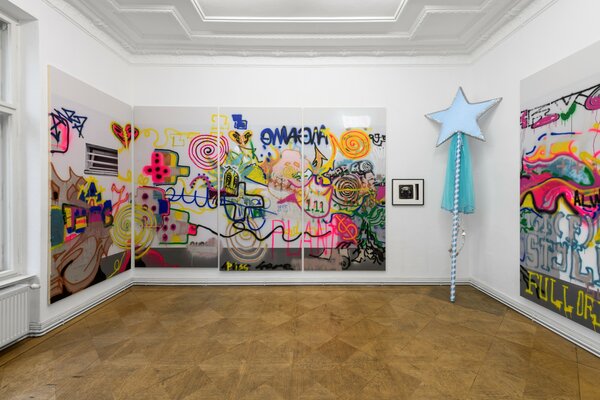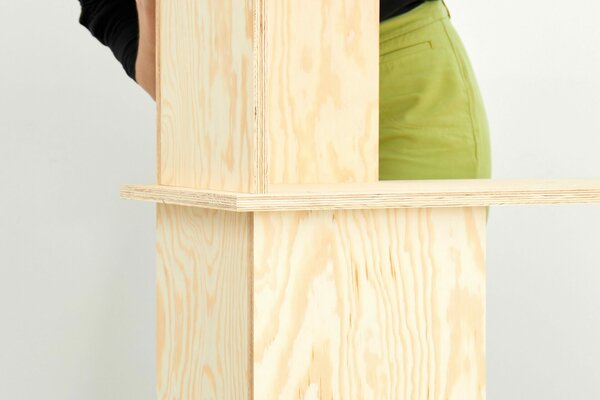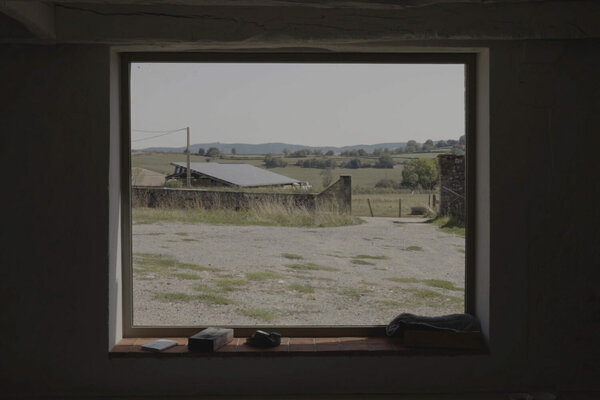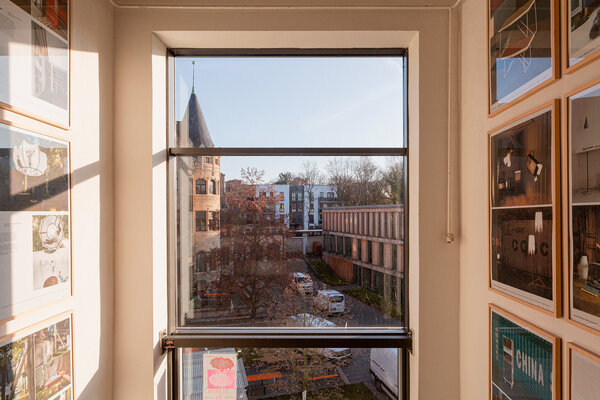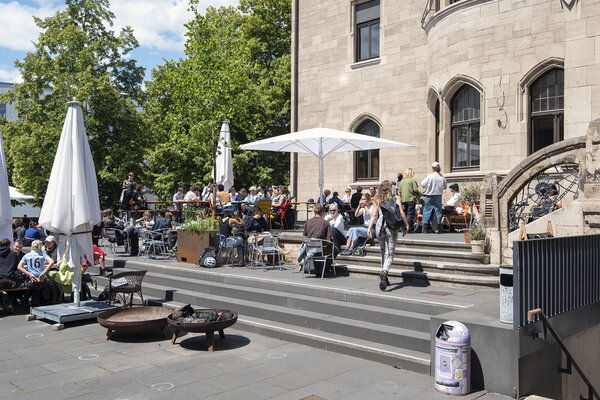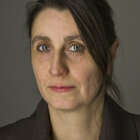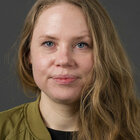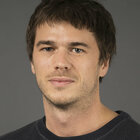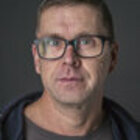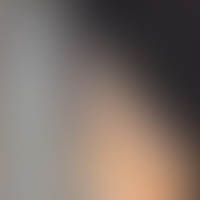Making free use of the personal
Artistic statements are always very closely linked with the personal perceptions and individual constructions of realities of those who make these statements.
The ambition “to form one’s own impression of something”, to transform one’s own views, observations and thoughts into worlds that can be experienced visually, to translate them into images, sounds and character systems – this ambition accompanies us when we create art and when we study art. The curiosity to understand why we do something and the enthusiasm to find out how we do it – to play in a serious manner – all this can serve as a guiding philosophy for studying Time-based Arts here at the university.
The specialist class in Time-based Arts is a research team. Narrative and experimental films, projections, sounds, time and perception of time, built spaces and media spaces, bodies and motion, the material and the immaterial are all explored in both word and deed. Against the background of one’s own experiments and reflections and on the basis of joint discussion, the tasks here are to investigate personal motivations and perceptions and to experiment with the available tools and possibilities in order to formulate one’s own artistic statement in a precise manner.
Studying art means making discoveries, searching for and taking up positions (and then discarding them again), trying out artistic forms and finding one’s own language.
My role as a teacher is that of the questioner and the mirror, of someone who opens up worlds and encourages, of the accelerator and the catalyst. I regard myself as a dialogue partner for my students – somewhat similar to a sports coach – who makes her knowledge and experience available to the students, who offers propositions, who develops a path of study together with the players, and who accompanies every individual student on their own chosen trails, no matter how unclear, convoluted or uncharted these may be.
Alongside the specialist class, the Time-based Arts department also includes an area that is open to students of all specialist classes. In this way, students with very different focuses and skills come together in the seminars, and persons and artistic positions can enter into a common dialogue.
Prof. Michaela Schweiger
